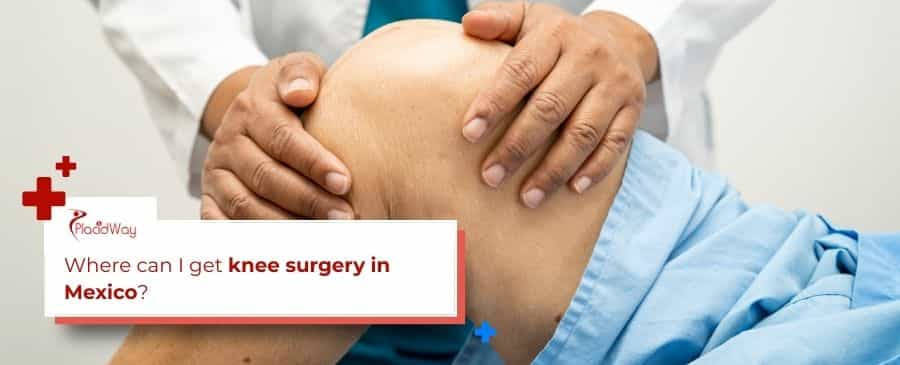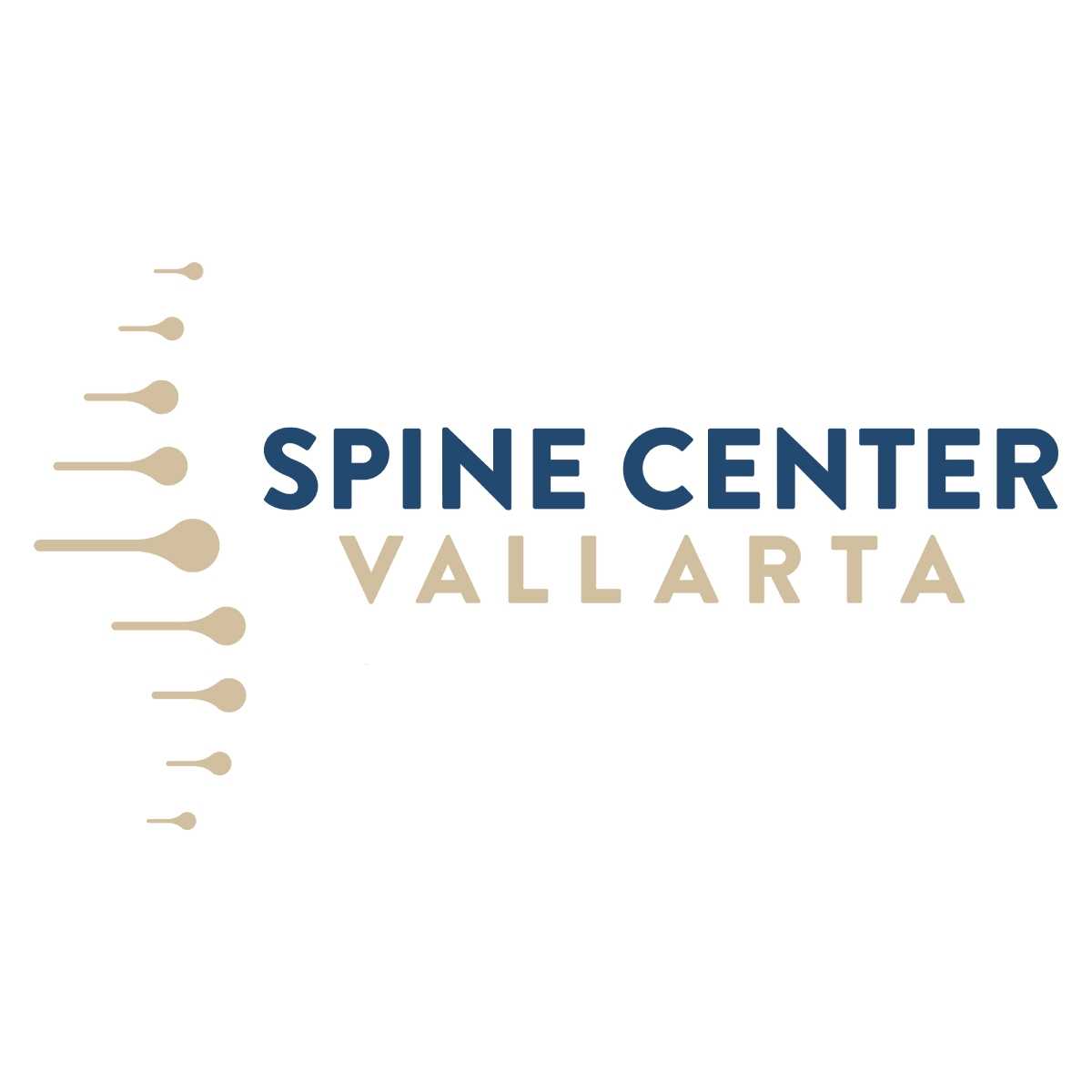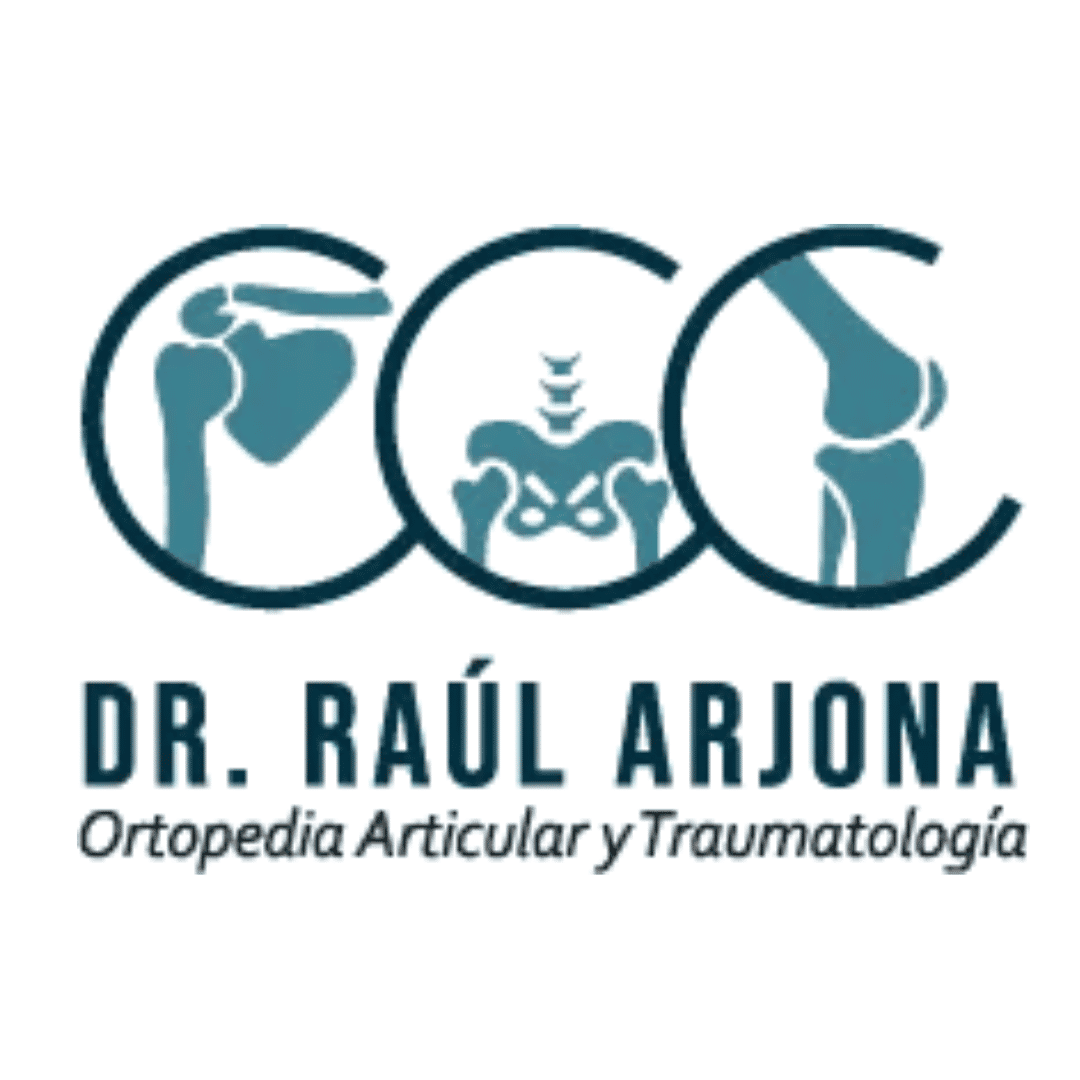Best Places for Knee Surgery in Mexico

If you're exploring options for knee surgery, the idea of traveling to another country for medical care might sound a bit daunting, but it's a path many individuals are choosing, especially when it comes to countries like Mexico. The quest for affordable, high-quality healthcare has made medical tourism a significant trend, and Mexico stands out as a premier destination for various procedures, including complex orthopedic surgeries like knee replacements. Many people from the United States and Canada are increasingly looking south of the border for their medical needs, driven by the often exorbitant costs of healthcare in their home countries.
So, where exactly can you get knee surgery in Mexico? The answer isn't just one place; Mexico boasts a robust medical infrastructure with modern hospitals and highly skilled surgeons spread across several key cities. These facilities are often equipped with state-of-the-art technology, comparable to what you'd find in top hospitals elsewhere in the world. From major metropolitan hubs like Mexico City and Guadalajara to border towns such as Tijuana and medical tourism hotspots like Cancun, options abound for those seeking relief from knee pain and hoping to regain their mobility. This guide aims to provide comprehensive answers to all your pressing questions about undergoing knee surgery in Mexico, helping you navigate the process with confidence and clarity.
Whether you're considering a total knee replacement, an ACL repair, or another type of orthopedic intervention, understanding the landscape of medical care in Mexico is crucial. We'll delve into everything from costs and safety to choosing the right surgeon and what to expect during your recovery. Our goal is to equip you with all the information you need to make an informed decision about your healthcare journey, ensuring you receive the best possible care for your knees without breaking the bank. Let's explore the possibilities that Mexico offers for your knee surgery needs.
What is the cost of knee surgery in Mexico?
The cost effectiveness is one of the primary drivers for individuals considering knee surgery in Mexico. For instance, a total knee replacement in the United States can easily cost anywhere from $30,000 to $60,000, and sometimes even more, without insurance. In contrast, the same procedure in Mexico can be performed for a fraction of that price, often encompassing a comprehensive package that covers all essential aspects of the surgery and immediate recovery.
Several factors can influence the exact price you pay. These include the reputation and location of the hospital, the experience and specialization of the orthopedic surgeon, the specific type of knee surgery (e.g., partial knee replacement, ACL repair, meniscus repair will have different costs), and the duration of your hospital stay. Many medical tourism providers and clinics offer all-inclusive packages that simplify budgeting for patients. These packages typically cover:
- Surgeon's fees
- Anesthesiologist's fees
- Hospital facility fees
- Pre-operative tests and consultations
- Post-operative medication
- Physical therapy sessions during recovery in Mexico
- Sometimes, even accommodation and transportation for the patient and a companion.
It's important to request a detailed quote that outlines everything included to avoid any surprises. Always clarify what is and isn't covered by the quoted price. The significant savings can make knee surgery in Mexico an accessible option for those facing high deductibles or lacking adequate insurance coverage in their home countries.
Which cities in Mexico are best for knee surgery?
Mexico's medical tourism infrastructure is concentrated in several key regions, each offering unique advantages for patients seeking knee surgery. The choice of city often depends on a patient's proximity to the border, travel preferences, and specific medical needs. These cities have developed a strong reputation for medical excellence and cater specifically to international patients.
- Tijuana: Located just across the border from San Diego, California, Tijuana is a highly convenient option for patients from the Western United States. It boasts numerous modern hospitals and clinics specializing in orthopedics, offering easy access for those who prefer to drive or take short flights.
- Guadalajara: As Mexico's second-largest city, Guadalajara is a major medical hub with several world-class hospitals and a large pool of specialized surgeons. It offers a more immersive cultural experience alongside advanced medical care, often at competitive prices.
- Monterrey: In northeastern Mexico, Monterrey is another significant industrial and medical center. Its hospitals are renowned for their technological advancements and experienced medical professionals, drawing patients from Texas and other southern US states.
- Mexico City: The capital city hosts some of the most prestigious and largest hospitals in the country. Patients can find highly specialized orthopedic centers and surgeons here, though navigation in such a large city might require more planning.
- Cancun: While primarily known as a tourist destination, Cancun also features modern private hospitals that cater to international patients, combining recovery with the beauty of the Caribbean coast.
When selecting a city, consider not just the medical facilities but also logistical aspects like ease of travel, accommodation options, and whether the hospitals offer services like patient coordination and translation, which are crucial for international patients undergoing knee surgery.
Is it safe to get knee surgery in Mexico?
Patient safety is a paramount concern for anyone considering medical treatment abroad, and knee surgery in Mexico is no exception. It's important to understand that Mexico has a dual healthcare system: public and private. For medical tourism, patients primarily utilize the private sector, which includes modern, well-equipped hospitals designed to cater to international standards.
To ensure safety, here are key factors to consider:
- Accreditation: Look for hospitals with international accreditations, such as those from the Joint Commission International (JCI). JCI accreditation signifies that a hospital meets rigorous international standards for patient safety and quality of care. Many Mexican hospitals have achieved this prestigious status.
- Surgeon Credentials: Verify that your orthopedic surgeon is board-certified and has extensive experience specifically with knee surgery. Many Mexican surgeons receive training in the US or Europe and are members of international medical associations.
- Facility Standards: Research the hospital's infrastructure, technology, and hygiene protocols. Modern private hospitals in Mexico often invest heavily in state-of-the-art equipment and maintain very high sanitation standards.
- Patient Reviews and Testimonials: Read reviews from previous patients, particularly those who have undergone knee surgery at the same facility or with the same surgeon. This can provide valuable insights into the actual patient experience.
While general travel advisories for Mexico might exist, medical tourism facilities are often located in safer, dedicated medical zones and cater specifically to international patients with heightened security and support services. It's about making an informed choice and not generalizing the entire country. Many patients report excellent outcomes and a high level of satisfaction with their knee surgery in Mexico.
How do I choose a reputable surgeon for knee surgery in Mexico?
Selecting the right surgeon is arguably the most critical step in ensuring a successful knee surgery in Mexico. A highly qualified and experienced surgeon can significantly impact your surgical outcome and recovery. Here’s a detailed approach to finding a reputable orthopedic surgeon:
- Board Certification and Qualifications: Ensure the surgeon is certified by the Mexican Council of Orthopedics and Traumatology (CMOT) or an equivalent international board. Inquire about their educational background, residency training, and fellowships, especially if they have specialized training in knee surgery or joint replacement.
- Experience Level: Ask about the surgeon's volume of specific procedures, such as total knee replacements or ACL repairs. A surgeon who performs many of these surgeries annually is generally more proficient. Inquire about their success rates and any complications.
- Hospital Affiliation: Reputable surgeons typically work with reputable hospitals. Verify that your chosen surgeon is affiliated with a hospital that has international accreditation and a good track record for orthopedic care.
- Language and Communication: It's essential that you can communicate clearly with your surgeon. Many top Mexican surgeons are fluent in English, but confirm this beforehand. Effective communication is key to understanding your diagnosis, treatment plan, and post-operative instructions for your knee surgery.
- Patient Reviews and References: Look for online reviews on platforms dedicated to medical tourism or healthcare. If possible, ask for patient references directly from the clinic. Real-world experiences can provide invaluable insights.
- Consultation: Many clinics offer virtual consultations. This is an excellent opportunity to discuss your medical history, ask questions about the procedure, understand the risks, and gauge the surgeon's demeanor and communication style before committing to travel for your knee surgery.
Don't hesitate to ask detailed questions and gather all necessary information before making your decision. A good surgeon will be transparent and willing to provide all the information you need to feel comfortable.
What types of knee surgery are offered in Mexico?
Mexican orthopedic centers are well-equipped to handle a wide range of knee conditions, from degenerative diseases to sports injuries. Patients can find expertise for virtually any type of knee surgery they might require. The availability of diverse procedures ensures that patients receive tailored treatment plans suited to their specific diagnosis and needs.
Common types of knee surgery available in Mexico include:
- Total Knee Replacement (TKR): This is the most common knee surgery for severe arthritis (osteoarthritis or rheumatoid arthritis) where the damaged bone and cartilage are replaced with prosthetic components.
- Partial Knee Replacement (PKR): Also known as unicompartmental knee arthroplasty, this procedure replaces only the damaged part of the knee, making it less invasive than a total replacement and potentially leading to a quicker recovery for suitable candidates.
- ACL Reconstruction/Repair (Anterior Cruciate Ligament): Often performed for sports injuries, this surgery reconstructs or repairs the torn ACL using a tissue graft to restore knee stability.
- Meniscus Repair/Meniscectomy: Addresses tears in the meniscus (the cartilage that cushions the knee joint). Repair aims to stitch the torn pieces together, while meniscectomy involves removing the damaged part.
- Arthroscopic Knee Surgery: A minimally invasive procedure used for various conditions, including removing loose bodies, repairing cartilage defects, or treating patellofemoral pain. It involves small incisions and a camera (arthroscope).
- Patellofemoral Replacement (Kneecap Replacement): Replaces the under-surface of the kneecap and the groove in the thigh bone where the kneecap rests, used for isolated arthritis behind the kneecap.
These procedures often utilize advanced surgical techniques, including minimally invasive approaches and computer-assisted navigation, which can lead to smaller incisions, less pain, and potentially faster recovery times. Hospitals in Mexico use high-quality implants and prosthetics, often from the same international manufacturers found in the US and Europe, ensuring the longevity and effectiveness of the knee surgery.
What is the recovery process like after knee surgery in Mexico?
Recovery is a crucial phase after any knee surgery, and careful planning is essential, especially when recovering abroad. Mexican hospitals and clinics are well-versed in supporting international patients through their recovery journey.
Immediately after your knee surgery, you will typically spend a few days in the hospital. During this time, the medical team will monitor your vital signs, manage your pain, and begin initial rehabilitation exercises. Pain management is a high priority, with doctors prescribing appropriate medications to keep you comfortable. Nurses and physical therapists will assist you with early mobilization, which is vital for preventing complications and promoting healing.
Once discharged from the hospital, your recovery will shift focus to physical therapy. Most clinics will provide:
- Outpatient Physical Therapy: Many medical tourism packages include several sessions of physical therapy at the clinic or a partnering rehabilitation center before you return home. This ensures you start on the right foot with guided exercises.
- Home Exercise Program: You'll be given detailed instructions for exercises to continue once you're back in your home country. This will be a critical part of regaining strength, flexibility, and full range of motion in your knee.
- Follow-up Care: Your surgeon will likely schedule a follow-up appointment before you leave Mexico to check on your progress and ensure there are no immediate complications. They will also advise on remote communication or how to coordinate with your local doctor.
The total recovery time for knee surgery varies widely depending on the type of procedure and individual factors, but it generally takes several weeks to months to achieve significant improvement and up to a year for full recovery. Planning for a comfortable stay in Mexico for at least 1-2 weeks post-discharge is often recommended, especially for more invasive procedures like total knee replacement, to ensure proper initial healing and physical therapy. Many patients choose to recover in comfortable accommodations with assistance, taking advantage of the lower cost of living to extend their stay if needed.
Does health insurance cover knee surgery in Mexico?
The question of insurance coverage is a critical one for many patients considering knee surgery in Mexico. Generally, standard health insurance plans from the United States or Canada are designed to cover medical services within their respective countries. This means that elective procedures, such as a planned knee replacement or ACL repair, performed in Mexico are usually not covered by these domestic policies.
However, there are exceptions and alternative options to explore:
- International Health Insurance: If you have an international health insurance plan, or if your employer provides one, it might offer coverage for medical procedures performed abroad. It's essential to review your policy details carefully or contact your insurance provider directly to confirm coverage for knee surgery in Mexico.
- Medical Tourism Insurance: Specialized medical tourism insurance policies are available that can cover complications or travel-related incidents during your medical journey. While these typically don't cover the cost of the surgery itself, they provide peace of mind in case of unforeseen events.
- Reimbursement for Out-of-Network Care: In some rare cases, if your insurance plan has out-of-network benefits, you might be able to submit a claim for reimbursement. However, the reimbursement amount is usually a fraction of the total cost and often involves significant paperwork.
- Self-Pay with Savings: For most patients, undergoing knee surgery in Mexico is a self-pay option. The significant cost savings compared to US prices often make it a more affordable solution even without insurance coverage. Patients use their savings, loans, or medical financing to cover the costs.
It's always recommended to speak directly with your insurance provider and the chosen clinic or medical tourism facilitator in Mexico to understand all financial implications and potential coverage options for your knee surgery. Get all agreements and cost breakdowns in writing before proceeding.
What documentation is needed for knee surgery in Mexico?
Preparing the necessary documentation is a crucial step for a smooth medical journey to Mexico for knee surgery. Proper documentation ensures that you can travel without issues, that your medical team has all the information they need, and that you are prepared for any administrative requirements.
Here’s a breakdown of the essential documents you'll need:
- Passport: A valid passport is essential for international travel. Ensure it is current and will remain valid for at least six months beyond your planned return date.
- Visa (if applicable): Citizens of the United States and Canada typically do not require a visa for short tourist or medical stays in Mexico (usually up to 180 days). However, check current regulations for your nationality. You will usually receive a Forma Migratoria Múltiple (FMM) upon entry, which you must keep safe.
- Medical Records: This is perhaps the most important set of documents. You should bring:
- Copies of all recent X-rays and MRI scans related to your knee condition.
- Detailed physician reports, including diagnosis, history of pain, previous treatments, and any other relevant medical history.
- List of current medications, allergies, and past surgical history.
- Any specific reports or notes from your primary care physician or orthopedist recommending surgery.
- Proof of Funds/Payment: Documentation proving your ability to pay for the surgery and your stay (e.g., bank statements, credit card statements, or pre-paid arrangements with the clinic).
- Travel Insurance (Optional but Recommended): While not strictly documentation for the surgery, having comprehensive travel insurance that includes medical evacuation or unforeseen complications is highly advisable.
- Contact Information: A list of emergency contacts both in your home country and any local contacts provided by the clinic.
It's a good practice to keep digital copies of all your important documents on a cloud service or encrypted USB drive, in addition to physical copies, in case of loss or theft. Communicating with your chosen clinic in Mexico in advance about their specific documentation requirements for knee surgery will ensure you are fully prepared.
When considering knee surgery in Mexico, the research can feel overwhelming, but with the right information, the process becomes much clearer. PlacidWay offers a comprehensive platform designed to connect you with leading medical providers around the world, including top hospitals and clinics in Mexico specializing in orthopedic procedures. From detailed clinic profiles and surgeon credentials to cost comparisons and patient testimonials, PlacidWay helps simplify your search for quality, affordable healthcare solutions. Explore your options with PlacidWay and take the next step towards regaining your mobility and improving your quality of life.


.png)

.png)




.png)







Share this listing